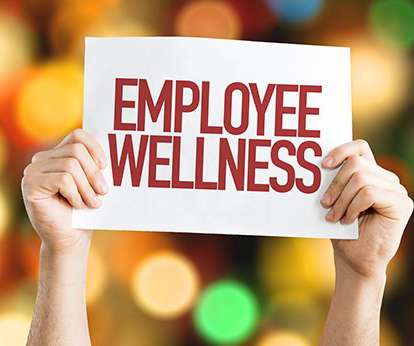What are Employers Mental Health Responsibilities?
Engage in Learning
JANUARY 8, 2020
In 2017, Lord Stevenson and Paul Farmer (Chief Executive of Mind) were commissioned by the UK Government to independently review the role of employers in supporting individuals with mental health conditions in the workplace. The resulting ‘Thriving to Work’ report set out core standards for employers mental health responsibilities.
















Let's personalize your content